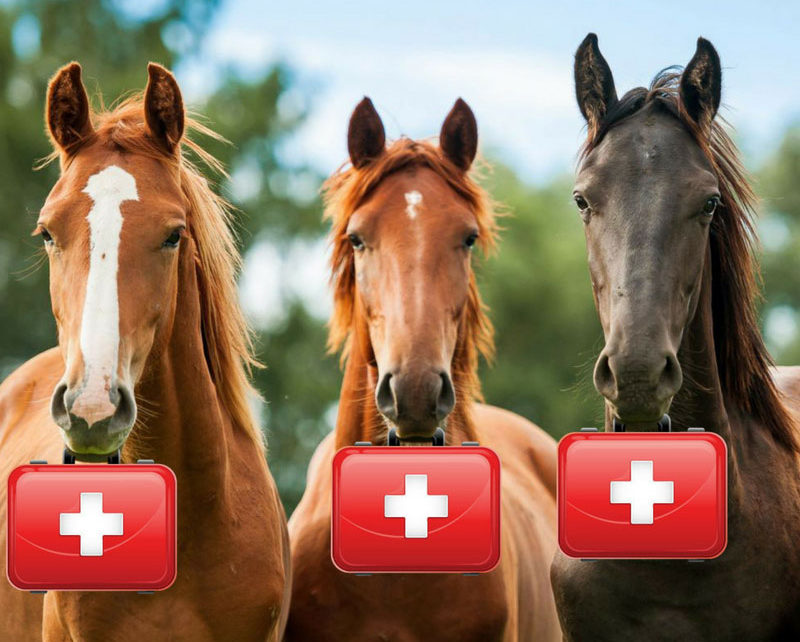One of the most important and overlooked items is monitoring the vital signs of a healthy horse. If you don’t know what vital signs are when your horse is in fact healthy, it will be that much harder to determine when something is wrong.
General Demeanor
Your horse should be alert, interested and aware of his surroundings. He should be responsive to you and others as well as interested in eating.
Heart Rate
For an adult horse, normal heart rates are from 27 to 48 beats per minute at rest.
Rectal Temperature
Normal rectal temperature for an adult horse is less than 101F. Rectal temperature for a normal foal is less than 102F.
Respiratory Rate
Adult horse respiratory rates can range from 8 to 20 respirations per minute. The rate depends on ambient temperatures, with hotter temps causing increased respiratory rates.
Mucous Membranes
Mucous Membrane color should be pink and moist. When blanched by the tip of your finger, the color should return to normal within a few seconds.
Intestinal Sounds (borborygmi)
Sounds – or in this case the lack of them can tell a story. Your horse’s gut should be active in creating noises in all quadrants around both flanks. It should almost sound like your stomach growling. The lack of any sounds from your horse’s gut is a sign of abnormality.
Fecal Output
While a bit on the dirty side, its always important to monitor your horse’s urination. Know what is normal for your horse – both in color and amount. Normal urine is pale yellow and you should watch for any changes.
Posture
Your horse should be comfortable standing on all fours. Signs of discomfort, shifting his weight or pointing a leg in front of him are all signs of concern. He should be able to walk normally and turn without hesitation.
